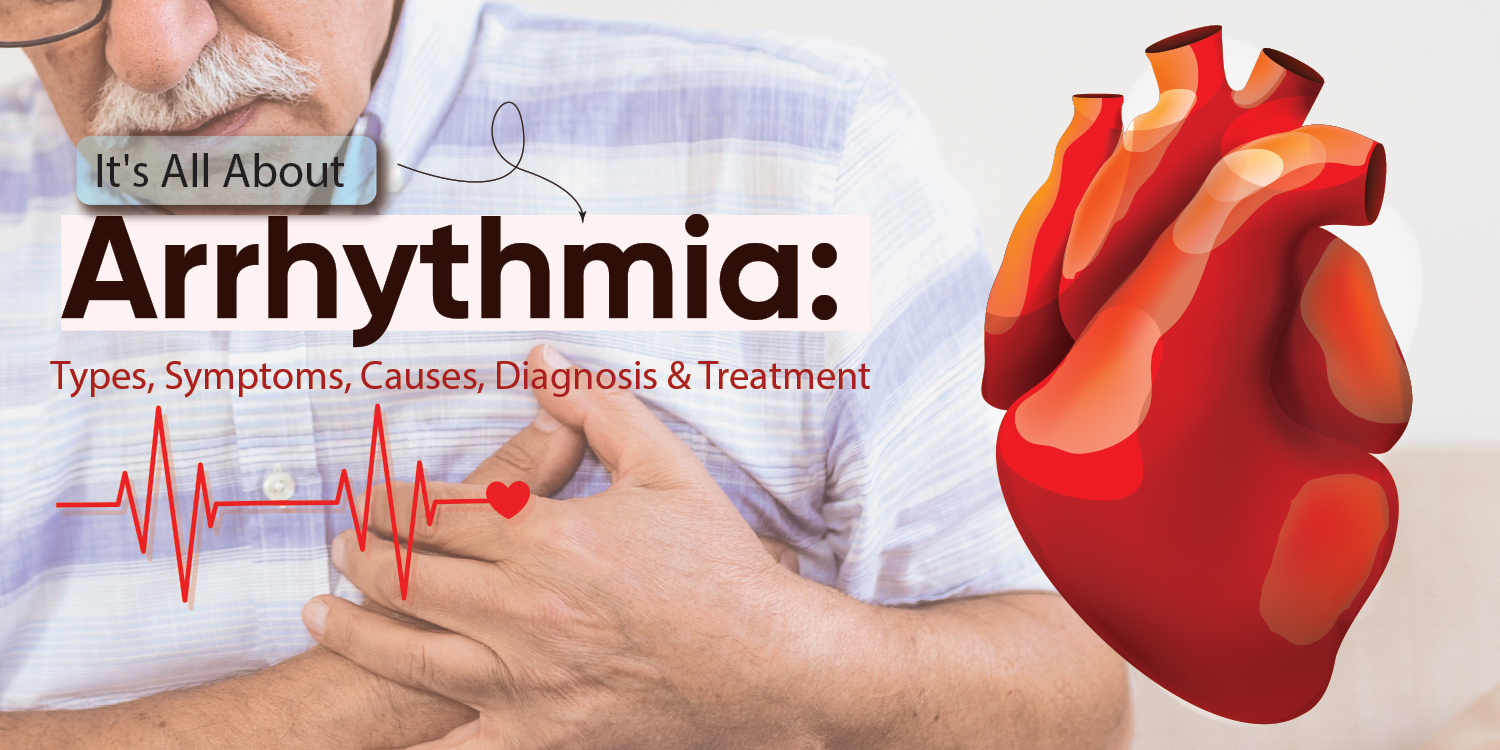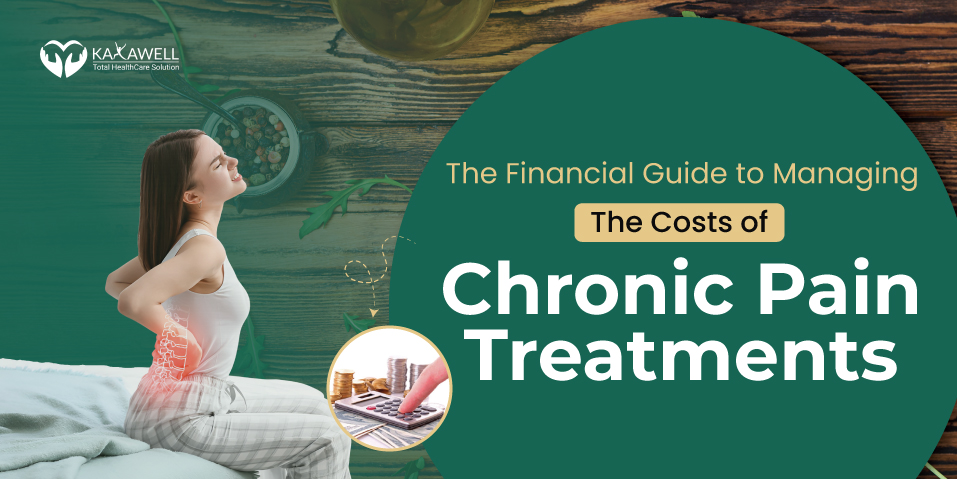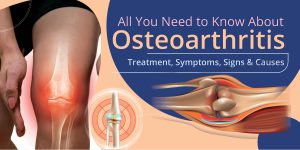It’s All About Arrhythmia: Types, Symptoms, Causes, Diagnosis & Treatment
What Is Arrhythmia?
The heartbeat is a vital aspect of your overall health. It is responsible for supplying oxygen-rich blood throughout the body. Your heart has its own nerve supply but coordinates with the nervous system to maintain the heart rate. In certain conditions, like during exercise or stress, the rate increases, while in rest and sleep, it falls, keeping pace with your physical requirements. Any disorder that affects the normal heart rhythm of 60-100 beats per minute is known as arrhythmia. Read on to learn more about arrhythmias, including the causes, symptoms, and treatment options.
Types of Arrhythmias
The prevalence of arrhythmias ranges between 1.5 and 5% in the general population. Furthermore, there are different types of heart arrhythmias that range in severity from harmless to fatal. The main types of arrhythmia include the following.
Fibrillations
Heart fibrillations are serious heart rhythm conditions that can be serious or even fatal if not treated immediately.
Atrial fibrillation is the most common type of heart arrhythmia. It is a condition that leads to an irregular and erratically fast heart rate and typically occurs in older people.
Sometimes, the heartbeat may reach as high as 400 beats per minute. The rapid succession of impulses doesn’t allow the atria to contract completely. Atrial fibrillation is linked to increased chances of stroke.
A heart attack usually triggers ventricular fibrillation. The ventricles start contracting irregularly and in a chaotic manner. Without emergency treatment, ventricular fibrillation can lead to cardiac arrest and death.
Tachycardia
A resting heart rate higher than 100 beats per minute is known as tachycardia. The abnormally fast heart rate can develop in the upper (atria) or the lower chambers of the heart (ventricles).
Supraventricular tachycardia is a fast heartbeat affecting the upper chambers of the heart.
Ventricular tachycardia is a fast heart rate in the lower chamber of your heart.
Bradycardia
Bradycardia is a condition that refers to an excessively slow heartbeat, which drops below 60 beats per minute. Bradycardia usually results from heart blocks (blocking of nerve conduction in the heart muscle) and sick sinus syndrome (sinus disorder).
Atrial Flutter
Atrial flutter is a rapid heart rate in the upper heart chambers, as fast as 300 beats per minute. Unlike atrial fibrillations, where the heart beats fast and irregularly, the heart rhythm in atrial flutter can be either regular or irregular.Â
Premature Contractions
This condition is characterized by abnormal beats occurring between two successive heartbeats. You may feel like skipping a heartbeat, but the issue is often not serious. Caffeine consumption or exercise can trigger premature contractions. The contractions can occur in the atria or the ventricles.
Sinus Arrhythmia
Abnormal functioning of the sino-atrial node (SA node) leads to abnormal heart rhythms. Chronic cardiovascular pathologies or a heart attack can trigger sinus arrhythmias.
Symptoms of Arrhythmia
In most cases, arrhythmias are silent pathologies. When present, you may experience several symptoms, including:
- Rapid heartbeat
- Slowing down or dipping the heart
- Heart missing a beat (skipped beat)
- The irregular and erratic beating of the heart
The manifestations mentioned above are usually present in mild cases. You should immediately report to the doctor if you experience the following symptoms:
Heart Palpitations
One of the most common symptoms of the life-threatening atrial flutter condition includes palpitations, where you feel your heart pounding or skipping.
Chest Pain and Congestion
Atrial and ventricular flutters may present as chest pain and tightness. As a heart attack can trigger fibrillation and sinus arrhythmias, chest pain may be the initial presentation of a heart attack.
Hypotension
A decreased blood pressure (hypotension) may be due to underlying arrhythmia. A longitudinal study reveals that arrhythmia patients are more prone to developing orthostatic hypotension.Â
Fatigue and Weakness
Fatigue, weakness, and dyspnea are considered delayed symptoms of atrial fibrillations. Fatigue may be an intermittent symptom for those delaying diagnosis and treatment for abnormal heart rhythms.
Fainting or Dizziness/ Lightheadedness
Individuals with bradycardia typically experience lightheadedness. That is due to the slow delivery of blood to the brain. The lightheadedness can proceed to dizziness and fainting.
Syncope is generally linked to bradycardia. However, in some cases, ventricular tachycardia can cause fainting, and when it happens, there is a high risk of sudden death. Sweating may also be a presentation of abnormal heart rhythms.
Causes of Arrhythmia
Arrhythmias can develop as a result of different underlying pathologies and risk factors, which are as follows.
Genetics
Genetic risk factors might put at an increased risk of arrhythmia, especially atrial fibrillation.
In addition, genetic and environmental factors have a potential role in atrial fibrillation development.
Heart Diseases
Damage to your heart tissue due to conditions such as heart attack and heart failure can disrupt the normal heart rhythm, leading to arrhythmias.
Hypertension
Persistently high blood pressure is a significant cause of abnormal heart rhythms, like supraventricular and ventricular arrhythmias. According to a study, hypertension can lead to arrhythmias. Therefore, it is crucial to manage blood pressure to keep arrhythmias at bay.
Thyroid Disease
Various underlying health conditions can put you at risk of arrhythmias. The thyroid is an important gland that regulates different processes of the body. An abnormal thyroid has a link with cardiovascular pathologies and arrhythmias.
Hypothyroidism is common in atrial fibrillation patients indicating an underlying nexus between the two.Â
Diabetes
The silent killer diabetes makes you more prone to developing heart disorders. It is a a complex disease that causes ventricular arrhythmias and atrial fibrillations.
Sleep Apnea
Obstructive sleep apnea (OSA) is a sleep disorder that causes further complications. There is an evident association between sleep apnea and arrhythmia. OSA treatment improves symptoms of abnormal heart rhythms.
Dehydration and Electrolyte Imbalance
An underestimated cause of arrhythmia is dehydration. Water loss from the body can also trigger electrolyte imbalance. Both these factors can increase your propensity to fall prey to cardiac arrhythmias.
Medications
Chronic use of certain medications can negatively impact your heart. Antihypertensive and antidepressant drugs are known to promote cardiovascular pathologies. Allergy and cold medicines may also trigger arrhythmias.
Arrhythmia Diagnosis
Your doctor might combine different tests to reach a diagnosis. A medical history and physical examination are necessary to diagnose arrhythmia. Your doctor will order an electrocardiogram (ECG) to check your heart’s activity.
A Holter monitor is a wearable device that provides ECG at home. You may need to wear it to record changes in your heartbeat rate.
A stress test involves checking the heart rate during exercise/exertion. It is an additional test to diagnose the type of arrhythmia. Other tests you might undergo depending on your symptoms include:
- Sleep study
- Electrophysiological study
- Echocardiogram (echo)
- Tilt table test
Arrhythmia Treatment Options
The doctor will devise the treatment plan according to the type and underlying cause of the arrhythmia. These might include:
Lifestyle Modification
Generally, mild cases of heart arrhythmia are treated with lifestyle modifications. A low-cholesterol and anti-high blood pressure diet can reduce the risk of complications such as stroke and heart attack.Â
Medications
Various classes of drugs can help improve symptoms of arrhythmias. Antiarrhythmic drugs such as propafenone and amiodarone can improve premature contractions of the heart. These drugs have good potential to treat heart conditions but can lead to a lethal proarrhythmic condition as a side effect.
Calcium-channel blockers (amlodipine, etc.) are prescribed for heart disorders. According to a study, these drugs inhibit heart muscle contraction and impart an antiarrhythmic role. Beta-blockers (metoprolol, etc.) also help lower the heart rate.
Atrial fibrillation increases your risk of thrombosis. Blood-thinning medicines and anticoagulants (warfarin, etc.) reduce blood clotting chances.
Surgery
Severe cases of arrhythmias that do not improve with medications might warrant surgery. Catheter ablation involves creating small scar tissue in the heart to destroy heart celll that cause arrhythmia.
Catheters have electrodes at ends that release radiofrequency waves to create scars. It is commonly used to correct heart arrhythmias.
An artificial pacemaker replaces a faulty sino-atrial node. The small battery-operated device helps regulate the impulses to the heart.
A device similar to a pacemaker is the implantable cardioverter defibrillator. This surgically placed device prevents the occurrence of life-threatening cardiac arrest by monitoring the heart rhythm and resetting it by transmitting electric shocks to it.



